The science of reading is the body of research that has been conducted on how we learn to read and write. This research has been conducted over decades, but only recently has much of it been introduced to today’s classroom teachers.

It’s important to note that as more research is conducted, we may need to revise our previous understandings. In addition, there is disagreement when it comes to translational science: how to apply this science to day-to-day teaching.
I say this to let you know that while I recommend all of these books, the authors do not agree with each other on all points.
Click a link below to jump right to the section you’re looking for!
- Easy to read books about the science of reading
- Other general books about the science of reading
- Books about phonics and word recognition
- Books about dyslexia
- Books about comprehension
- Books about fluency
- Books about teaching writing
- Books about how we learn
Easy to read books about the science of reading
For those passionate about the science of reading, this book will be too simple and not go far enough. But for those starting out, it’s the ideal first step.
My favorite part of the book is the recommended reading schedules by grade level in the book.
Easy to read, easy to apply … can’t recommend it enough!
I love the practical examples and the easy-to-read format. Don’t let the price tag scare you – it’s worth every penny.
Other books about the science of reading in general
It took the author three years to write the first edition of this book as she combed over thousands of pages of relevant reading research. Chall’s conclusion? “Beginning readers learn better when their instruction emphasizes learning the alphabetic code, one that places first importance at the beginning on learning the relationship between letters and their sounds.”
Anyone serious about learning the science of reading should read this book. Grab a highlighter – you’ll find countless gems!
(Side note – While I really enjoyed and recommend this book, the authors’ not-so-subtle derision of politically conservative values got old really fast.)
This book is on most “must-read” science of reading book lists, but it’s not easy to get through. I appreciate Seidenberg’s goal – to help teachers understand the research and how it can help us shape our teaching – but man, the book needs subtitles. If you have the patience to get through it, you’ll learn a lot. Seidenberg is brilliant, and I always enjoy hearing his perspectives. But to get a lot out of it you may need to read it twice.
That said, if you get a chance to hear Seidenberg speak online or in real life, I highly recommend it!
Books about phonics and word recognition
I love how the book breaks down everything teachers should know about the English language – with exercises (and answer keys) so you can make sure you understand.
You can even purchase an accompanying workbook!
If you’re like I was a couple of years ago – and don’t know a fricative from a liquid or a grapheme from a morpheme, this is the book for you!
This book is recommended reading for anyone who wants to become a stronger reading teacher.
I don’t recommend you teach ALL the rules … there are a lot! But the more you know, the more equipped you are as you help your students read and spell.
A treasure for sure!
It’s been a few years since I read it; paging through it makes me eager to read it again!
I gave the book four instead of five stars because of the alignment of spelling development with early guided reading levels. Thankfully, the authors denounce three-cueing, but that’s the only way students can “read” those early levels.
Books about dyslexia
I find the book most helpful in understanding dyslexia; while it does include several chapters about teaching readers with dyslexia, I didn’t find that section particularly useful.
Books about comprehension
But I just finished reading it for a class I’m taking (Fluency & Comprehension – Mount St. Joseph University) – and I love it.
Hennessy helps us understand that comprehension is big and complex – but she breaks it down by giving us a blueprint for planning comprehension instruction.
This book is for teachers of any grade level … it’s definitely worth barreling through!
Books about fluency
Books about teaching writing
Books about how we learn
I recommend this book for someone who already has a good understanding of the science of reading but is looking for more. (Not for the beginner.)

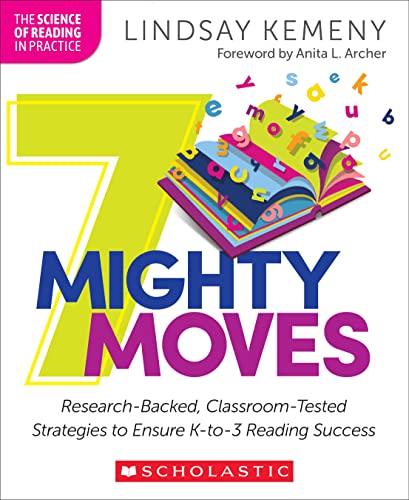
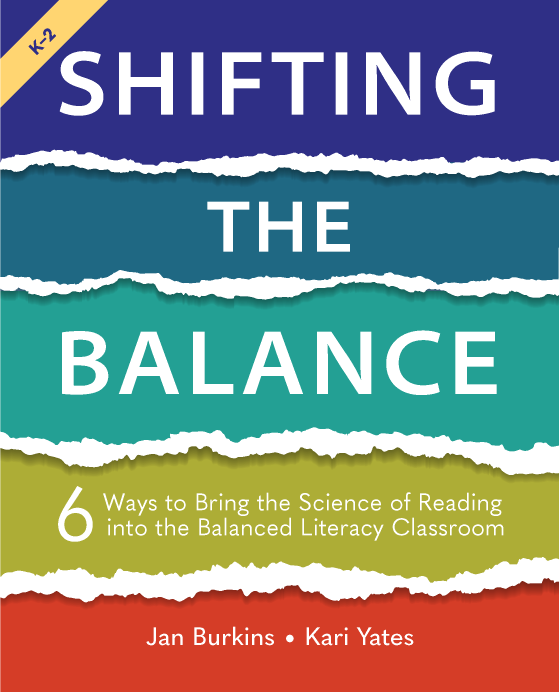
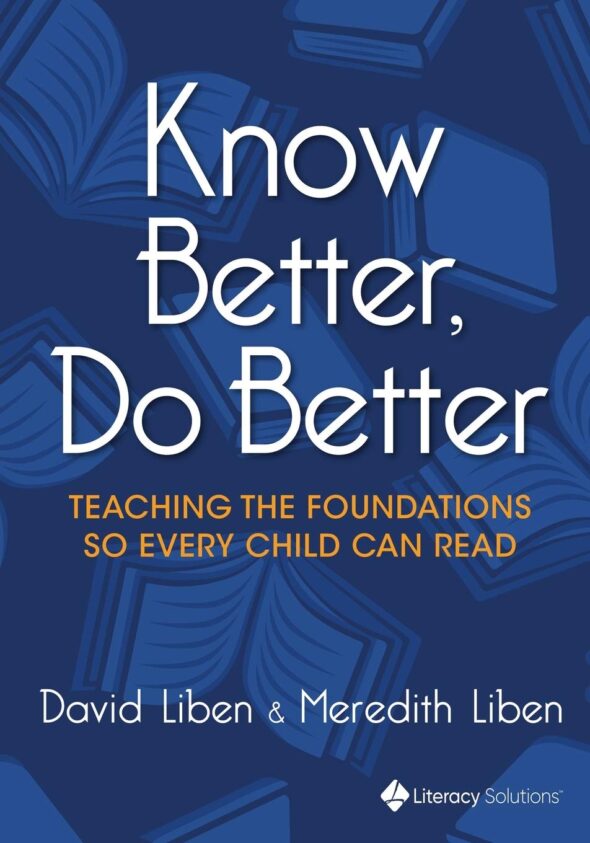
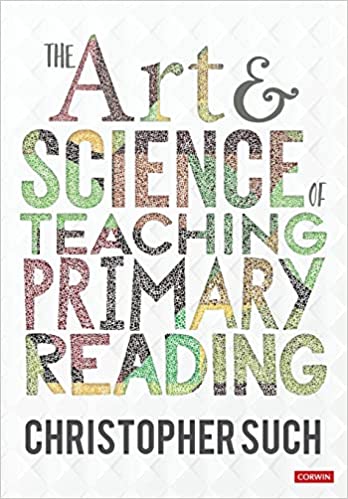
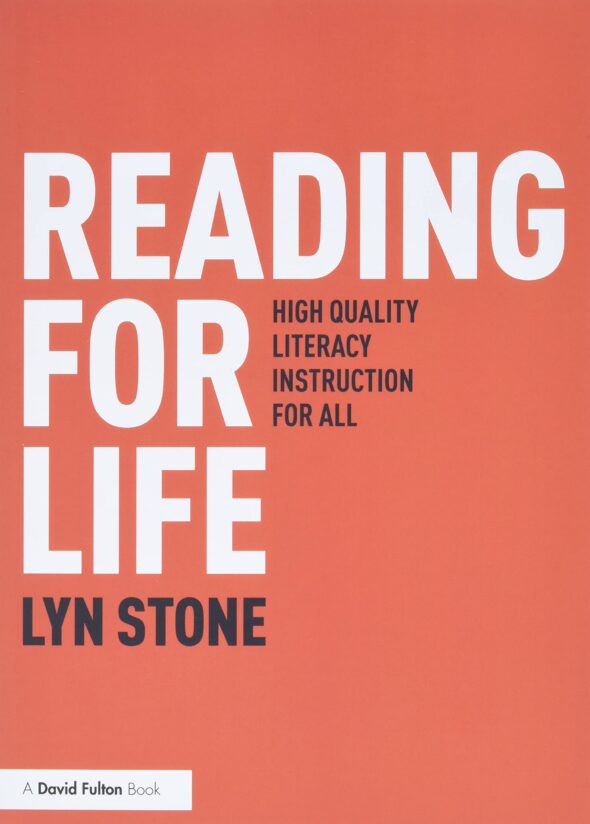
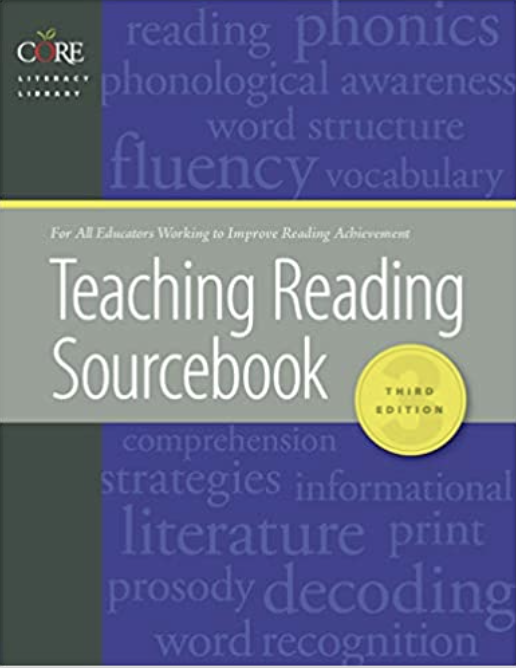
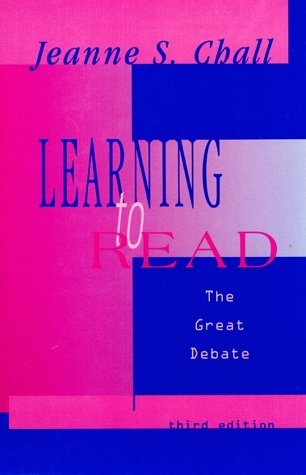
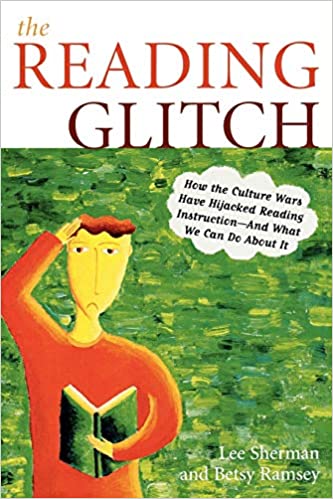
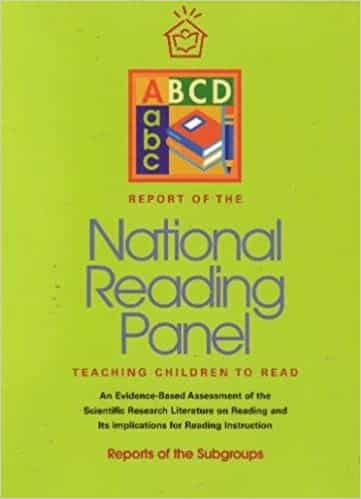
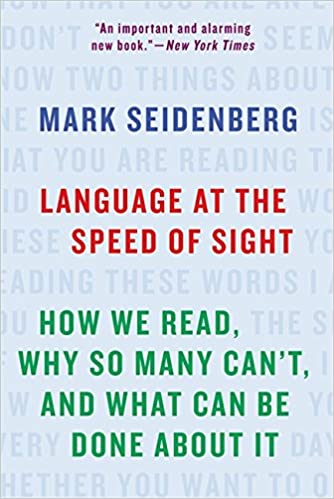
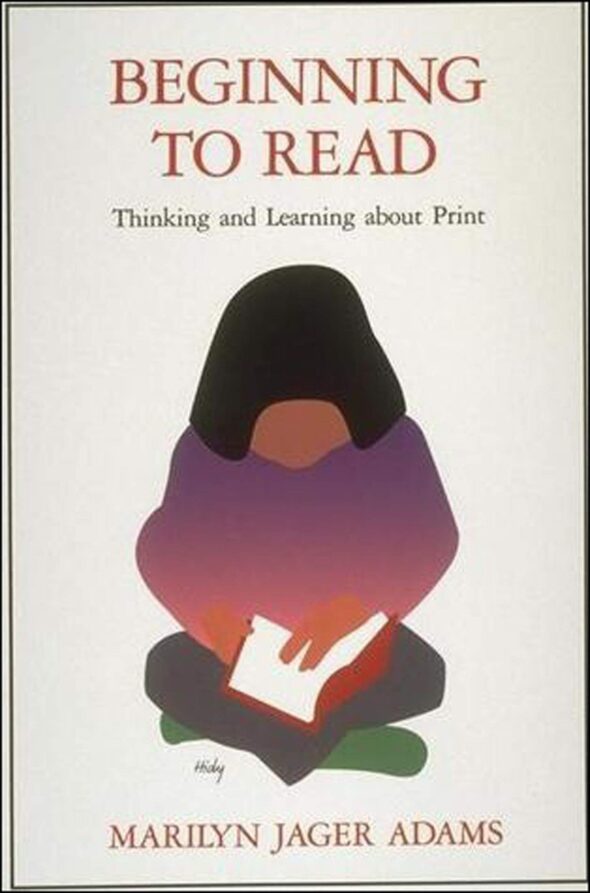
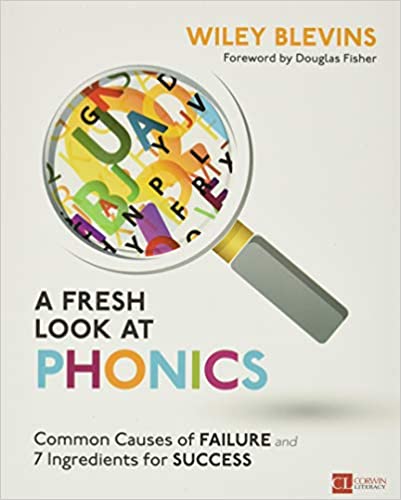
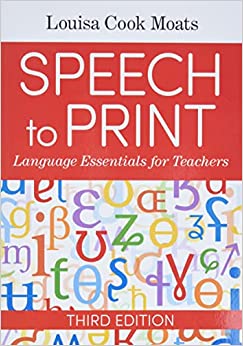
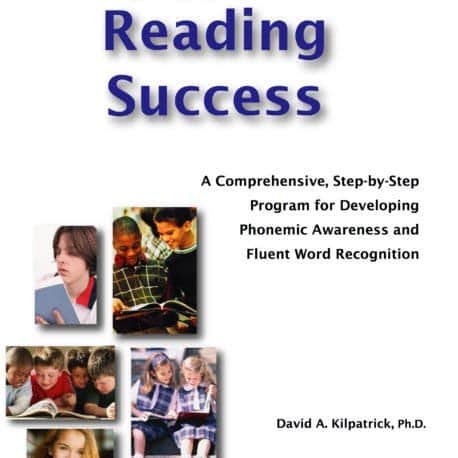
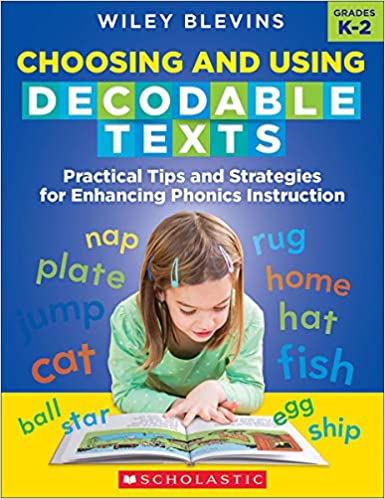

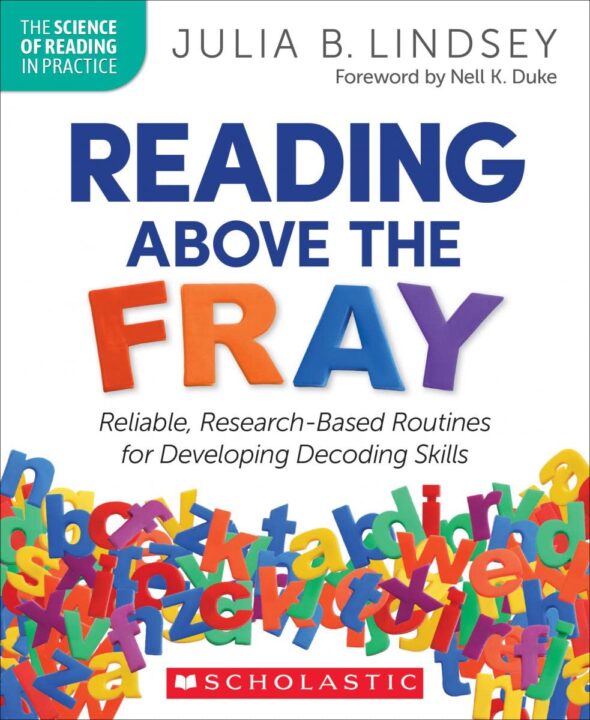
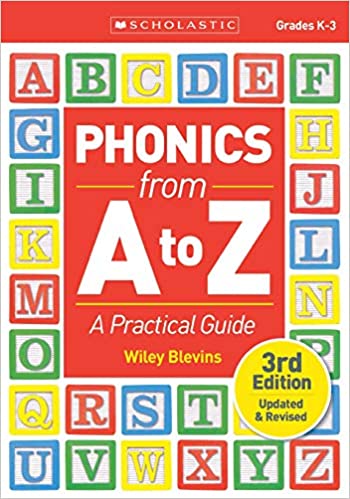
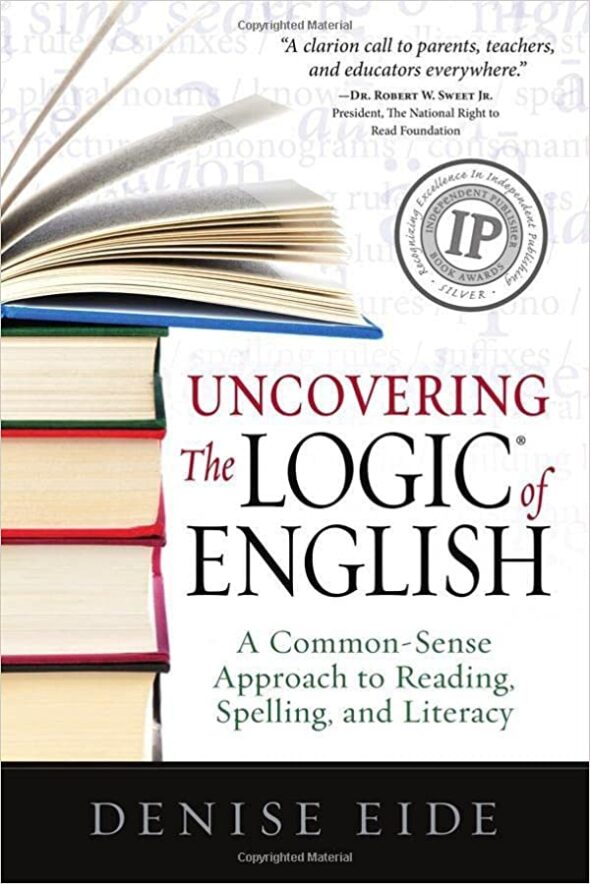
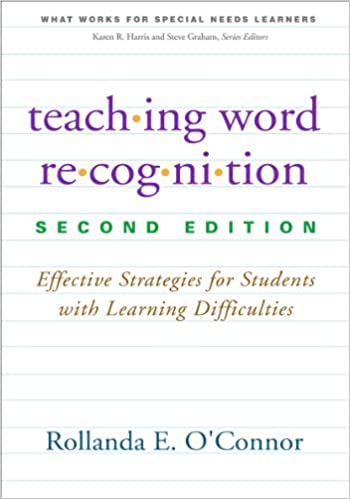
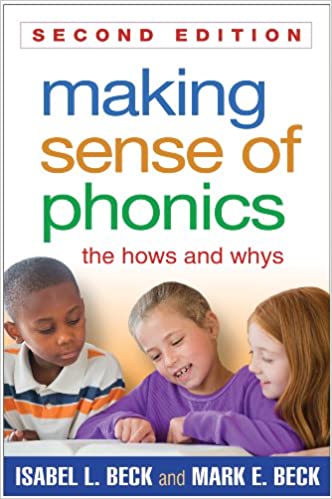
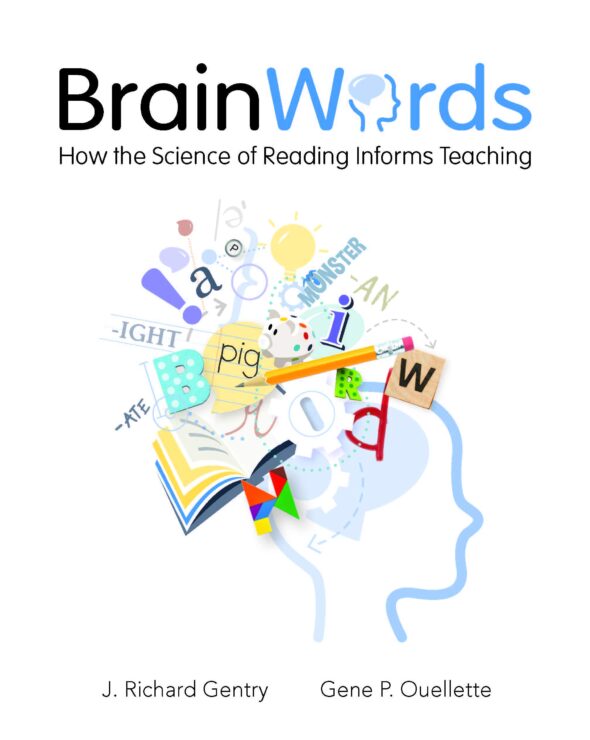
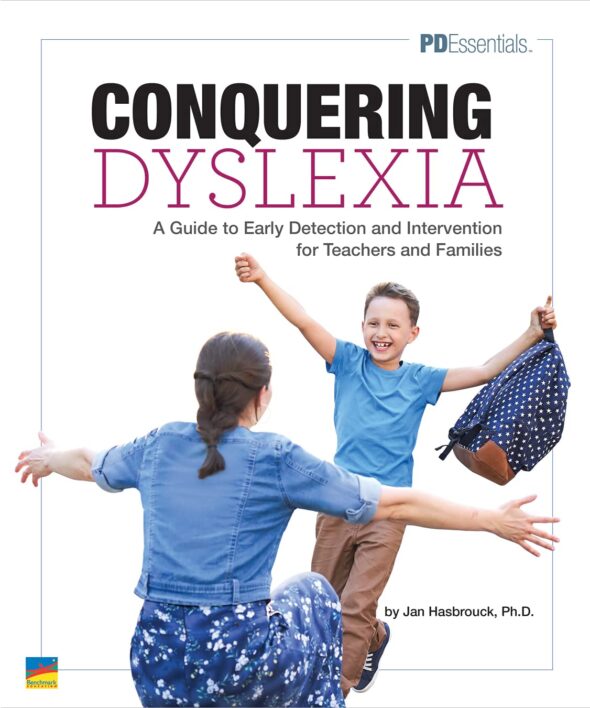
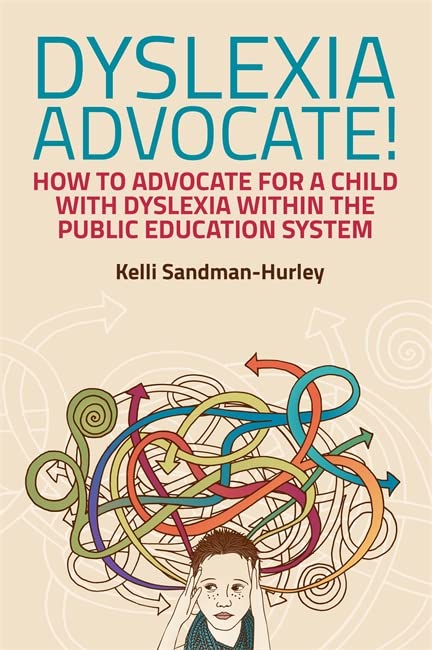
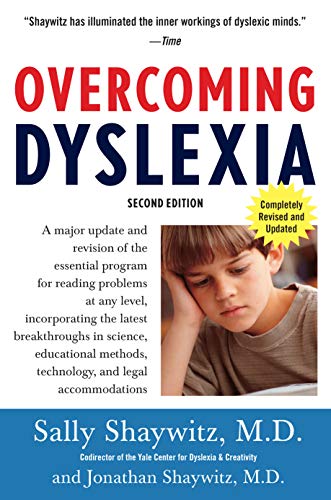
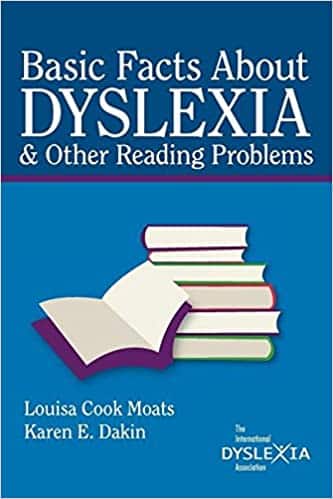

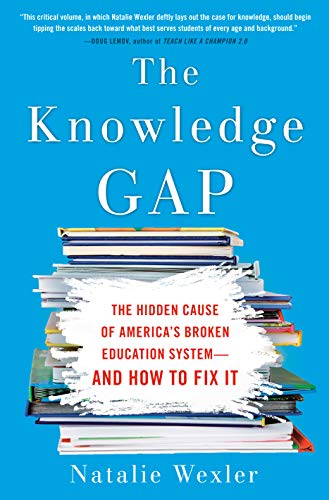
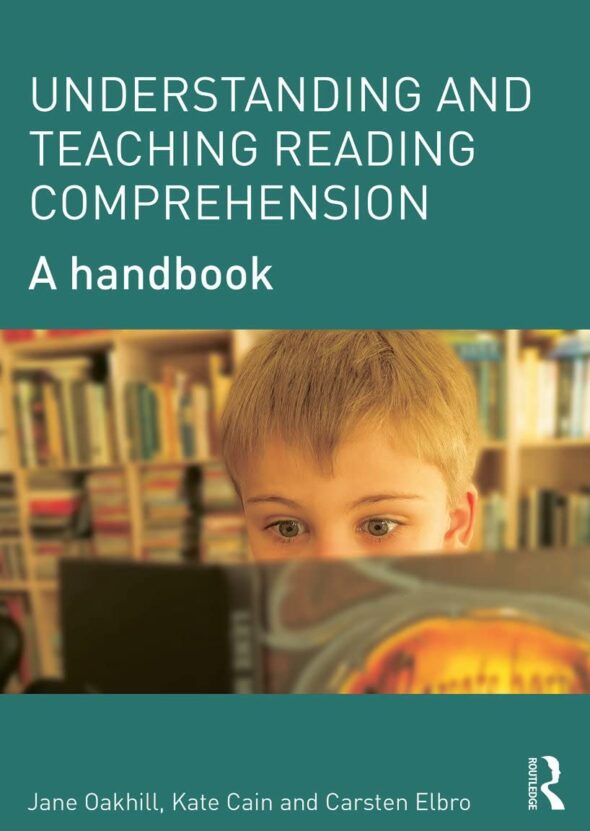
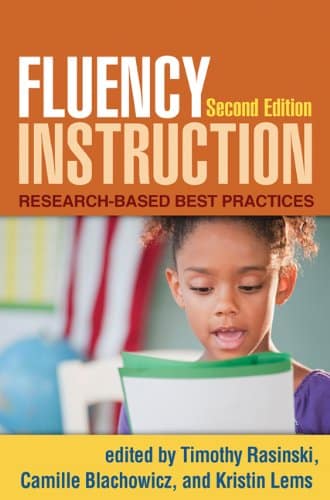
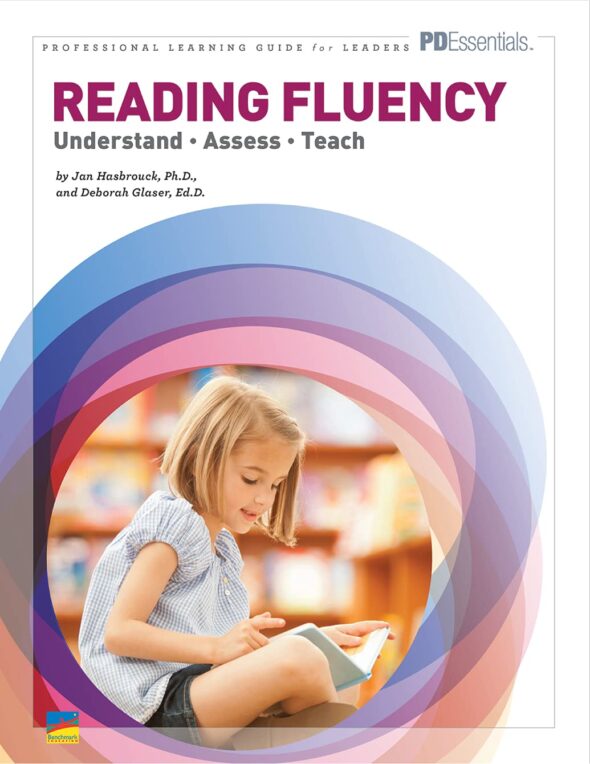
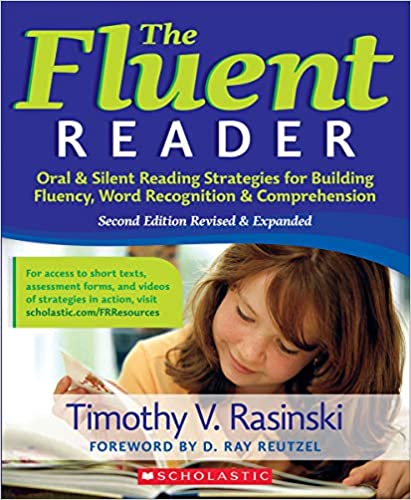
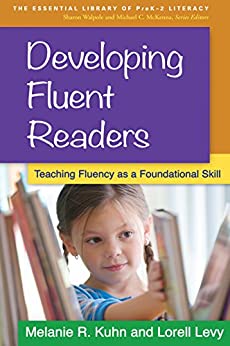
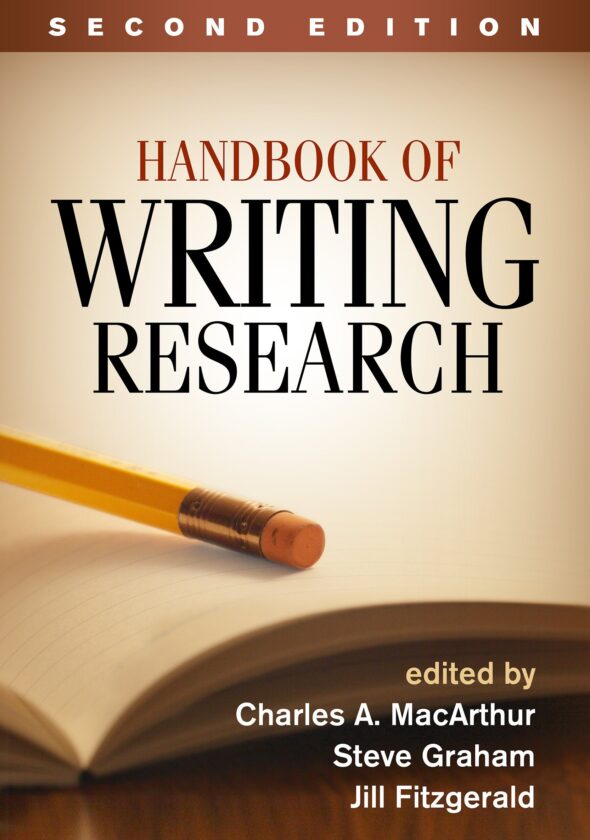
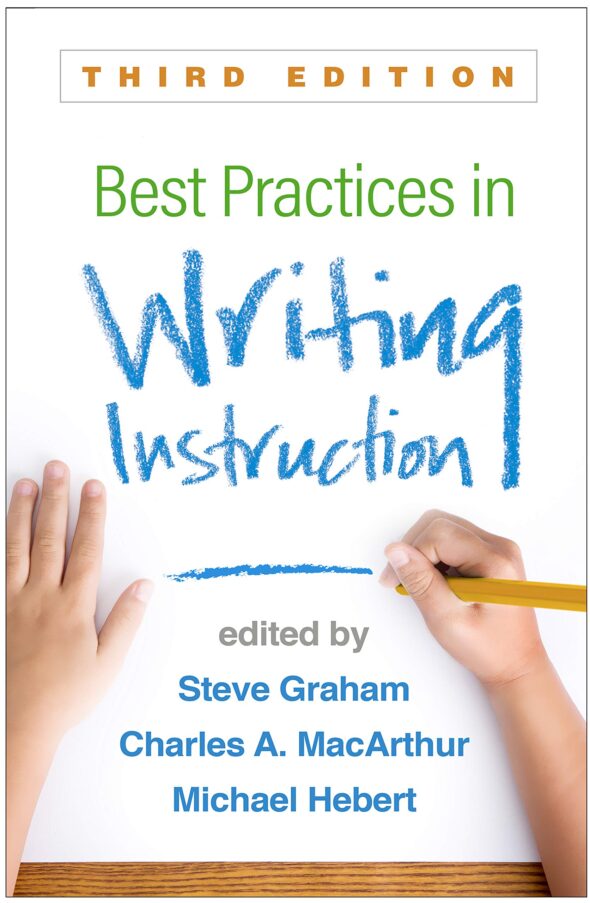
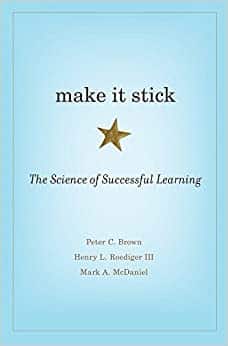
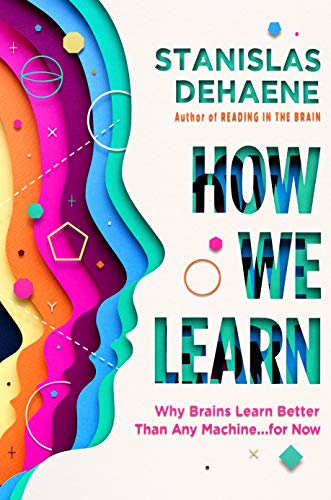

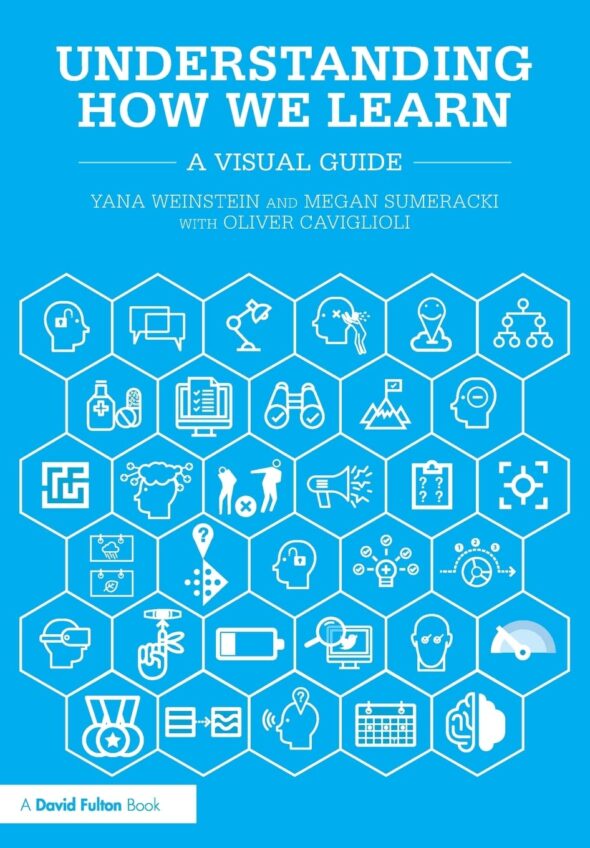
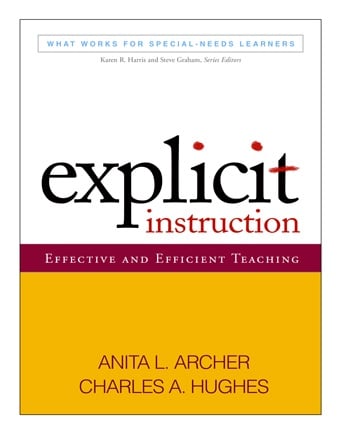
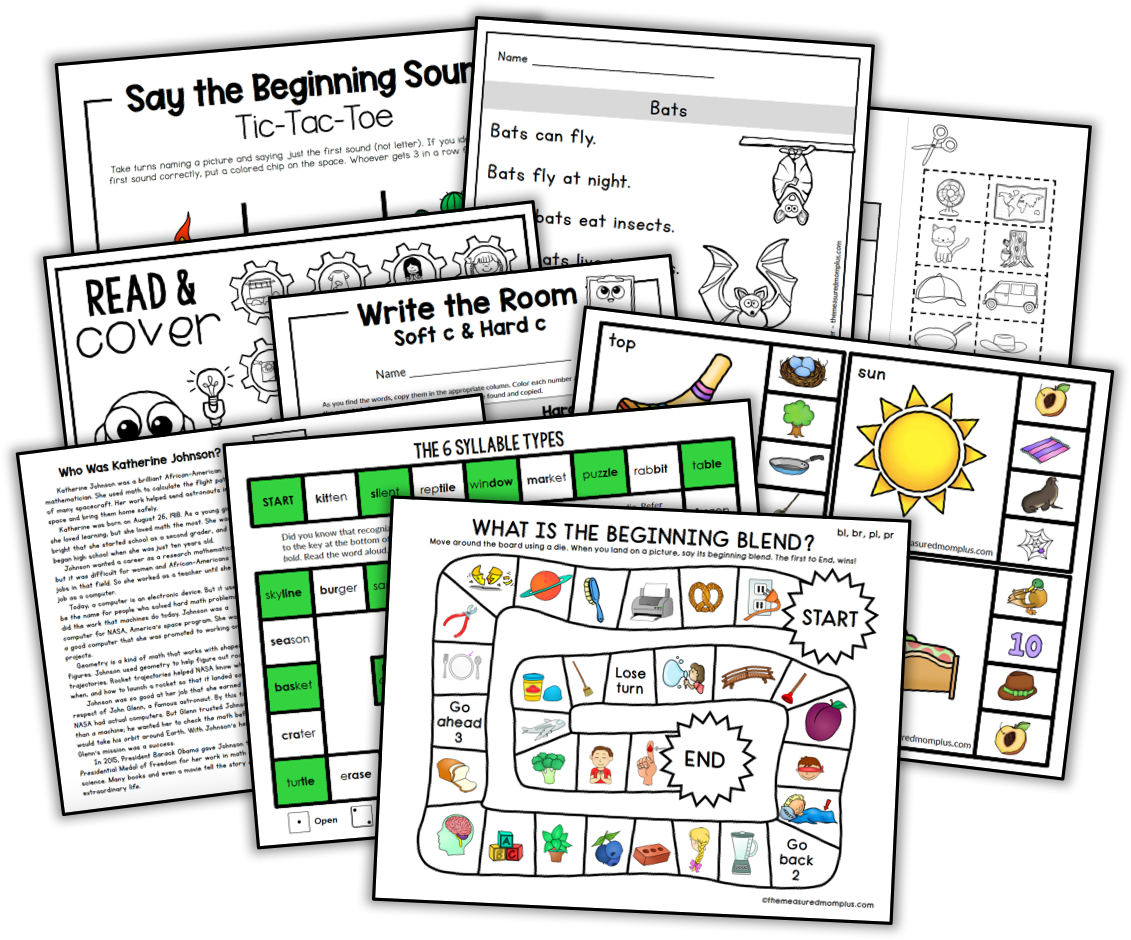

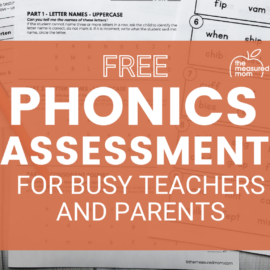

Cathy Munn
Thank you for sharing your list of recommended books. I am excited that I have already read/purchased most of the books in your list! There is one book in the photograph at the beginning of this page that I am interested in…”Explicit Instruction”. Could you share the author of this book? Thank you so much!
Anna Geiger
Yes, I need to get that book added here! It’s by Anita Archer and Charles Hughes.
Kelsey
What book would you recommend for a parent who just wants to understand more about how kids learn to read?
Anna Geiger
Good question, Kelsey! I think “The Reading Glitch” might be a good place to start.
Cara Schaffer
I LOVE this book list. I own a lot of books but none of them have been useful as I tackle this new journey I am on with teaching. Being a reading interventionist means that I need to be an “expert” in the teaching of struggling readers and students with dyslexia. I do believe I am good, but I still have a lot to learn. I own, and love the first two books on your list. I am now excited to get more of Wiley Blevin’s books and others. Thank you for your thoroughness!!!!
Anna Geiger
Thank you so much for your feedback, Cara – it’s always appreciated! I’m looking forward to adding more books!